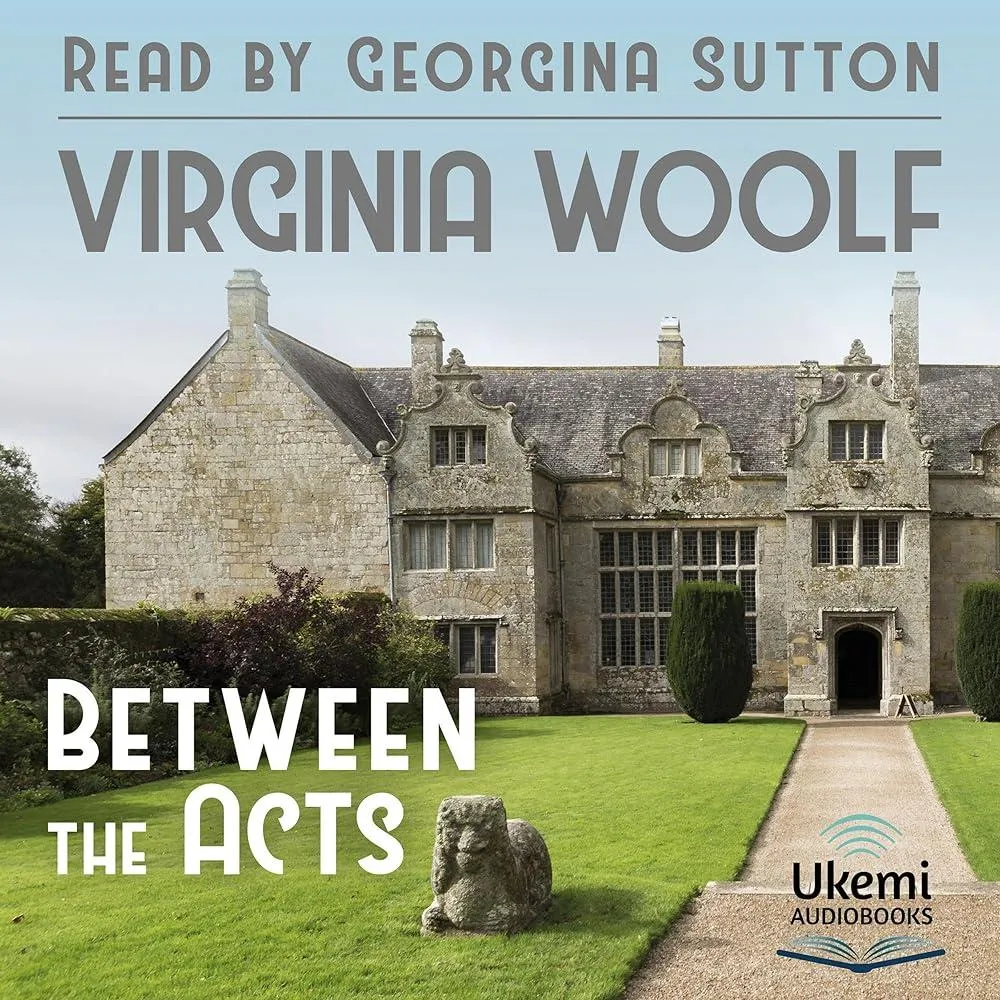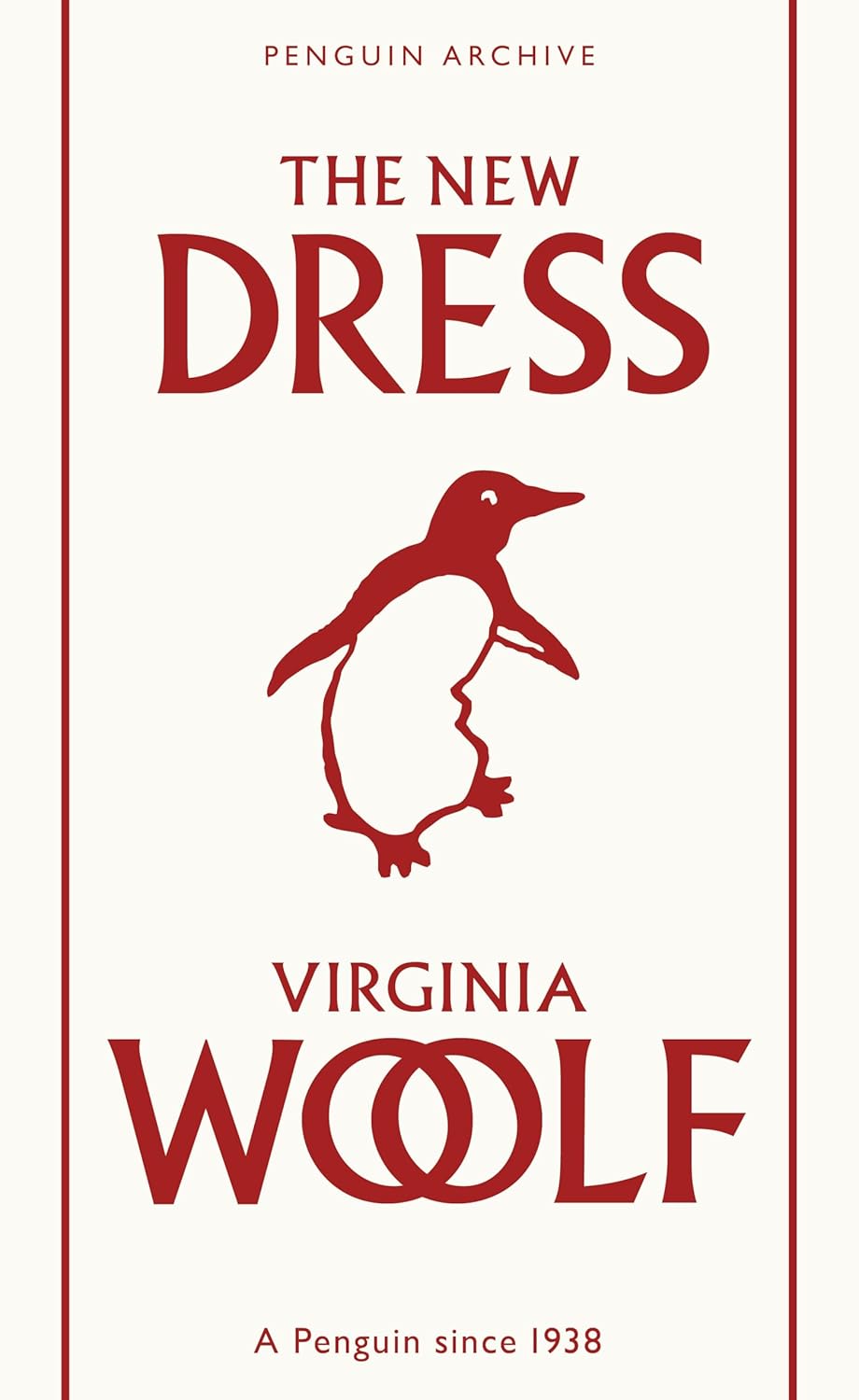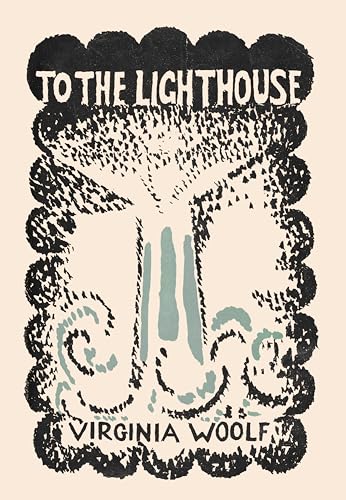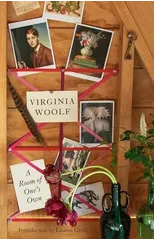'One of the great writers of the twentieth century' Guardian It is June in 1939, and the inhabitants of a country house prepare to host the annual village pageant in its grounds. It will tell the stories of English history, as it does every year. Yet the coming of war broods over the whole community, changing the meaning of past and present, and heralding a new act. Through her characters' passionate musings and private dramas, and through the enigmatic figure of the pageant's author, Miss La Trobe, Virginia Woolf's playful final novel both celebrates and mocks Englishness, and re-creates the elusive role of the artist. Edited by Stella McNichol with an Introduction and Notes by Gillian Beer
Virginia Woolf
Virginia Woolf was a prominent English writer and modernist literary figure. Known for her stream-of-consciousness writing style, she challenged traditional narrative structures and explored themes of gender, class, and mental health in her works. Some of her most notable works include "Mrs. Dalloway," "To the Lighthouse," and "Orlando." Woolf's contributions to literature include her innovative approach to character development and narrative technique, as well as her exploration of the inner lives of her characters. Her most famous work, "Mrs. Dalloway," is considered a masterpiece of modernist literature and a reflection of Woolf's unique literary voice. Woolf's impact on the literary genre is undeniable, as she paved the way for future generations of writers to experiment with form and style in their own works.




